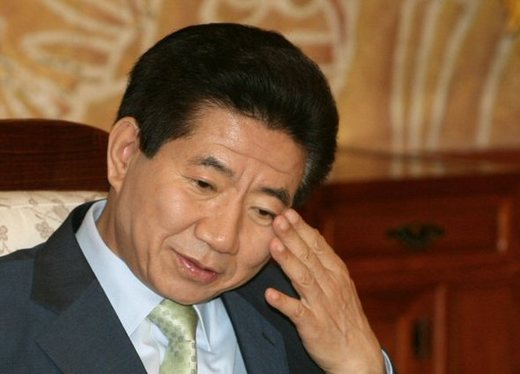 |
|
President Roh Moo Hyun.
|
Uri and the government must humbly accept this defeat and thoroughly reflect on what they have been doing wrong. It will be going against popular sentiment all over again if members play the blame game without repentance or true introspection, or if it becomes engrossed in a project of "political restructuring" in order to overcome the crisis it faces. One hopes to see it return to the attitude it had when it first began, when it discarded all of its previously established privileges. It will be forever disregarded if it becomes engulfed in infighting over whether there should be a change in party leadership, or about merging with the Democratic Party. The GNP must not hastily interpret this victory as an expression of support. It merely benefited from the unpopularity of the ruling party, and its win was not the product of its own strengths. Its approval ratings could easily become a mirage if it stays with its policies that side with the interests of a privileged minority, such as its opposition to stabilizing real-estate prices and revising the Private School Law. It needs to remember the lesson of four years ago, when it became intoxicated with its victory in regional elections and thwarted productive projects by the government and ruling party, only to lose in the presidential election. Instead of indiscriminate opposition, it needs to offer alternatives and cooperate with the government where appropriate, and generally act in a way becoming of the party with the most popular support. The Democratic Labor Party (DLP) maintained its position as the representative of progressive forces. It may have suffered because of a political landscape that has Uri and the GNP pitted against one other, but it needs to ask itself why it was not chosen by people who chose not to vote for Uri. It needs to ask itself whether it needs to engage in qualitative change if it wants to change the top leadership of the country’s progressive reform elements. Finally, it is a crisis for representative democracy that only about half of the country’s eligible voters actually exercised their right to vote. The National Assembly needs to work together and find ways to reduce people’s distrust of politics.





